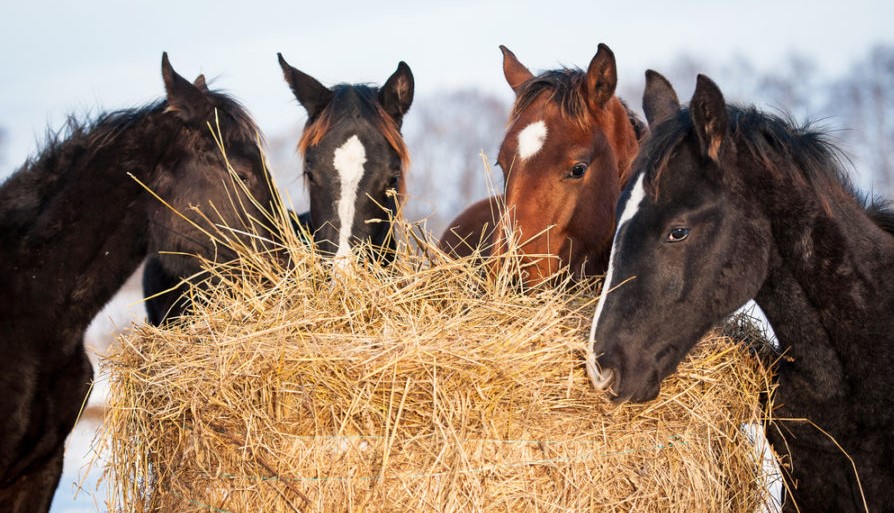In the captivating world of horses, where grace meets power and freedom joins companionship, proper nutrition stands as a cornerstone for ensuring your horse’s well-being. Whether you are a seasoned equestrian or new to horse ownership, understanding the fundamental aspects of horse nutrition can make a significant difference in your horse’s health, performance, and longevity. This comprehensive article will serve as your ultimate guide to horse nutrition, providing insights that every owner should know.
Why Nutrition is Crucial for Your Horse
Poor nutrition can lead to a multitude of health problems, ranging from weak bones and poor muscle development to digestive disorders and even behavioral issues. In contrast, a well-nourished horse will have a strong immune system, good energy levels, and a coat that gleams with health. Understanding what constitutes a balanced diet and how to provide it is, therefore, paramount.
The Basics of Equine Diet
Forage: The Staple Diet
Horses are natural grazers, and forage, in the form of grass or hay, should make up the bulk of their diet. Aim for at least 1.5% to 2.5% of the horse’s body weight in forage daily. High-quality hay is the preferred choice when fresh pasture isn’t available.
Concentrates: Energy Suppliers
Grains such as oats, corn, and barley serve as excellent sources of energy. However, they should be fed in moderation. Overfeeding concentrates can lead to obesity and other health issues like laminitis.
Supplements: The Filling in the Gaps
Vitamin and mineral supplements can be useful, especially for horses with special needs. It’s best to consult your veterinarian before incorporating supplements into your horse’s diet.
Water: The Elixir of Life
Fresh, clean water should be available at all times. An average horse can consume up to 10 gallons of water a day, and this number can increase with exercise and high temperatures.
Customizing Diet Based on Need
Age
Young horses require more protein for growth, while senior horses may need a diet rich in fiber and easy-to-digest nutrients due to aging digestive systems.
Activity Level
Workhorses will require more calories, while leisure horses can maintain a healthy weight with a primarily forage-based diet.
Health Conditions
Horses with metabolic conditions or digestive issues will require a specialized diet. Always consult your vet for a tailored nutrition plan.
The Importance of Consistency
Once you establish a feeding routine, stick to it. Sudden changes in diet can cause digestive distress and metabolic imbalances.
How to Choose Quality Forage and Grains
Look for hay that is green, leafy, and free of mold and dust. When selecting grains, choose whole grains or well-processed feeds from reputable suppliers.
Monitoring and Making Adjustments
Regular veterinary check-ups and blood tests can offer valuable information about the nutritional status of your horse. Adjust the diet as necessary based on your horse’s weight, activity level, and overall health.
Tips for Feeding
- Small, Frequent Meals: Horses have small stomachs, so it’s better to feed them small amounts several times a day.
- Chewing Time: Allow plenty of time for your horse to chew, as it aids in digestion.
- Avoid Overfeeding: Overfeeding can lead to obesity and health issues like colic.
Conclusion
Proper nutrition is the foundation of a healthy, happy horse. Understanding the role of forage, concentrates, supplements, and water in your horse’s diet enables you to make informed decisions that positively impact your horse’s well-being. Regular veterinary visits and a consistent feeding schedule further enhance your horse’s health, ensuring it lives a long, fulfilling life. By paying attention to the nutritional needs of your horse, you’re not just feeding them; you’re nourishing their life, performance, and future.
